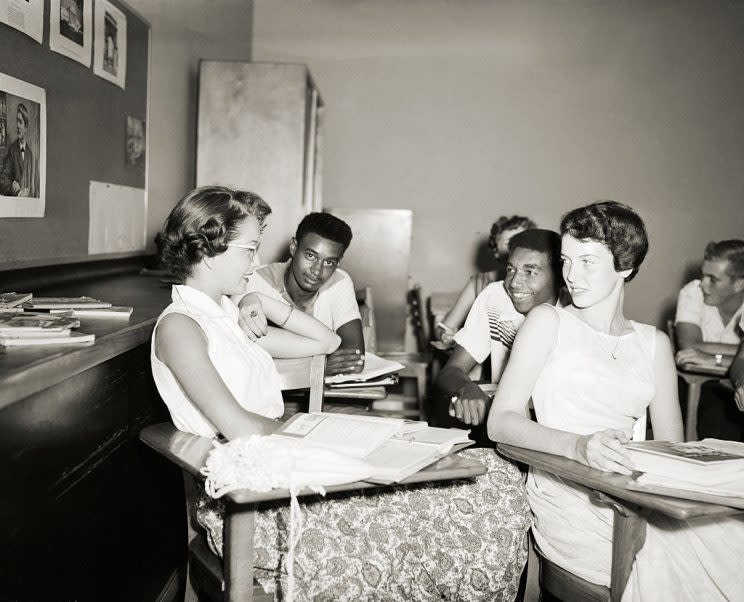YMCA and Dove Seek to Help Schools Promote Body Confidence in the U.K.

Dove and the YMCA in the U.K. want tweens and teens to grow up with a better body image. Armed with stats saying that dieting is starting with elementary-school-age kids and that appearance is the largest cause of bullying in public schools, the pair is teaming up on a Be Real campaign.
The initiative was dreamed up to help change the tide on body-image anxieties. Be Real recently launched a Body Image Pledge Toolkit to help schools handle the many body-image issues students face in their lives.
A study done by Be Real found that 52 percent of secondary-school students in the U.K. worry about their looks, and 36 percent of students ages 11 to 16 were “were willing to do ‘whatever it takes to look good.’”
Of course “looking good” is often based on a lot of unrealistic standards, and being unable to achieve them obviously will have a negative effect on some. The study also revealed that 30 percent of students isolate themselves from school activities because of body-image issues, and that 40 percent of boys ages 11 to 16 have said they would or have used protein shakes or supplements in order to transform their appearance.
The study found that schools have a crucial role in helping students feel good about their bodies: “Three quarters of young people (76 percent) who learned about body confidence as part of their curriculum said it made them feel more positive about themselves. However, despite this, less than half of young people (48 percent) surveyed said they had learned about the issue in the classroom.”
The Body Image Pledge Toolkit seeks to get schools more involved with helping students to change negative feelings about their bodies and “put health above appearance.” The toolkit gives educators advice on how to talk about body confidence issues in class with boys and girls, how to avoid discussions and rhetoric that could undermine body confidence, how to focus on talking about health without body-shaming kids, and how to promote body confidence for kids, taking into consideration their unique needs and personal challenges.
The toolkit also suggests ways to include body positivity into an array of subjects taught in school. For example, in art class, they suggest exploring “how the ‘ideal’ appearance has changed over time and varies between cultures, e.g. comparing photography in western advertising with African art, or examining how males and females have been represented in art at different times and by different artistic movements.”
While schools play an important role in promoting positive body attitudes, Be Real campaign spokesperson Liam Preston says that it is even more crucial for body acceptance to be learned at home. “We’re not saying this toolkit alone will solve it,” Preston told Premier. “We know that actually from our survey that we did, parents were named as the group young people were most likely to seek support from, and friends afterwards.”
Still, Preston sees the value in the project. “It allows pupils and teachers to run body-confidence campaigns, which talk about what’s good body confidence, what body confidence means, and how to alleviate some of the body-image anxieties.”
Lindsay Lohan Posts a Selfie Encouraging Followers to Embrace Aging
Even 7-Year-Old Girls Realize Women Are Judged on Appearance More Than Ability
Let’s keep in touch! Follow Yahoo Beauty on Facebook, Twitter, Instagram, and Pinterest.

